Search

New research has found children who are born even slightly premature or underweight are more likely to be hospitalised with an infection during their childhood
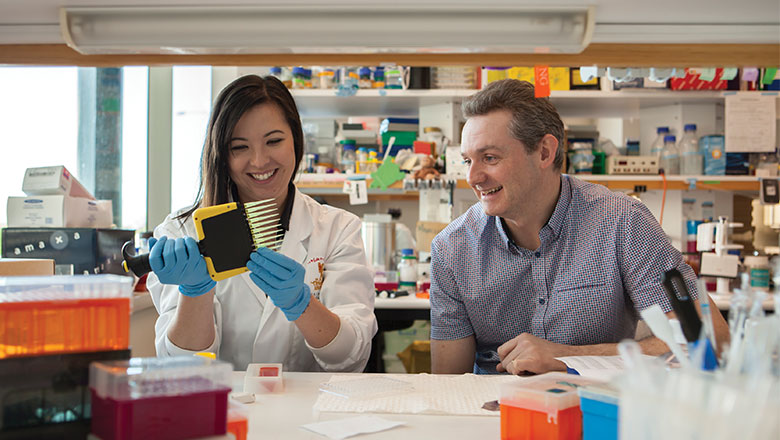
Dr Nick Gottardo and Dr Raelene Endersby from The Kids Research Institute Australia are the driving force behind an innovative, global action group on child brain cancer.

Professor Donna Cross’ innovative research aims to protect children from the harmful effects of online bullying.
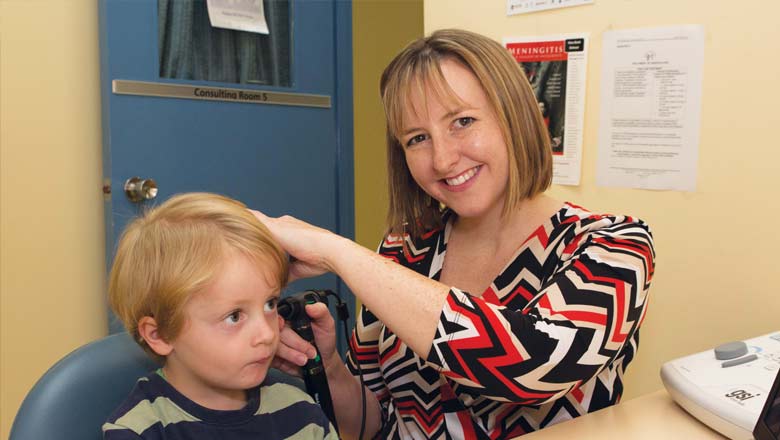
The Kids is investigating whether a cystic fibrosis medication may be the answer to ear infections, reducing the need for antibiotics and surgery.

Mapping when Respiratory Syncytal Virus (RSV) reaches its seasonal peak will assist how future vaccination programs are carried out.
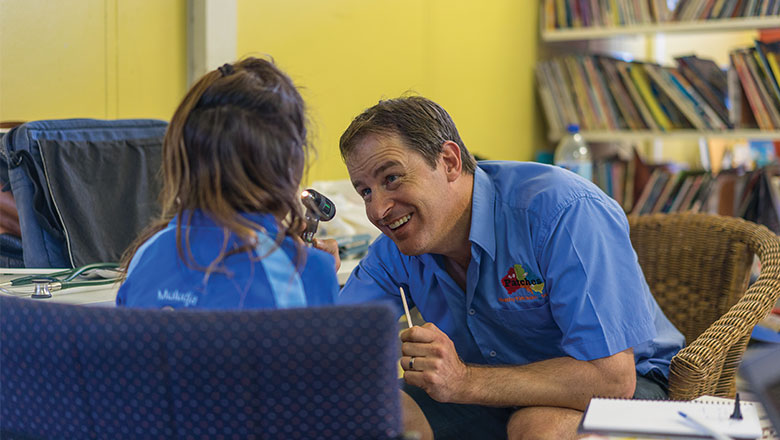
The Make FASD History campaign, led by community researchers and The Kids Research Institute Australia, has made huge inroads into prevention, diagnosis and therapy.
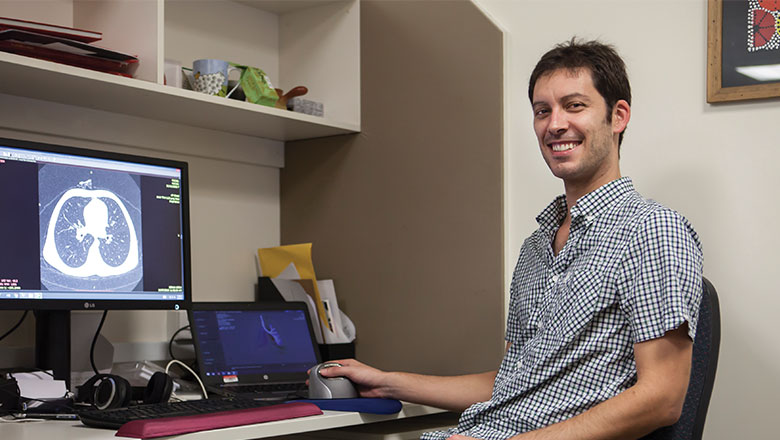
PRAGMA-CF, a new way of measuring early lung disease in young kids with cystic fibrosis is changing the way we detect and treat CF.
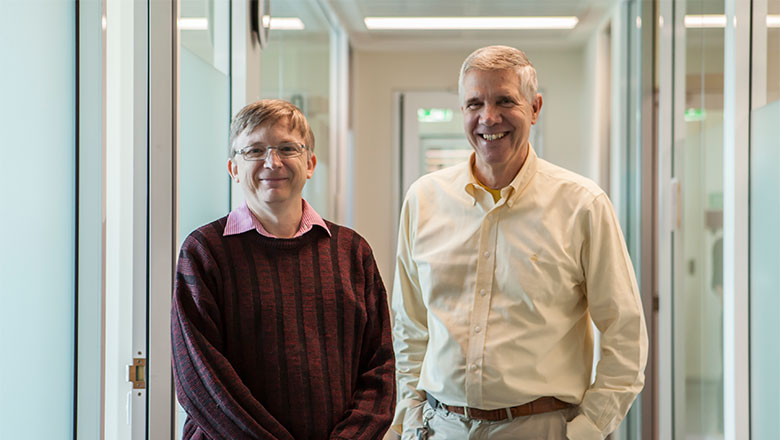
The Young Minds Matter survey has shown mental health services should be overhauled to ensure they are tailor-made to meet the needs of a new generation.
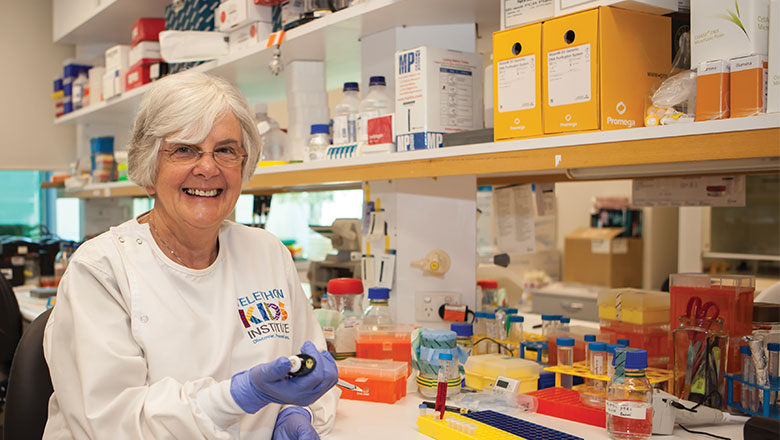
Winning the support of a remote Aboriginal community paved the way for a pioneering genetics study.
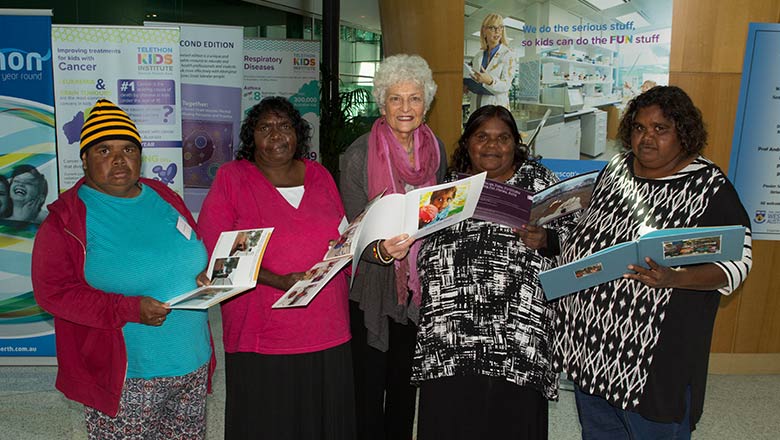
An NHMRC grant to develop a program to improve school outcomes in the Ngaanyatjarra lands has helped create books reflecting Aboriginal experiences.
